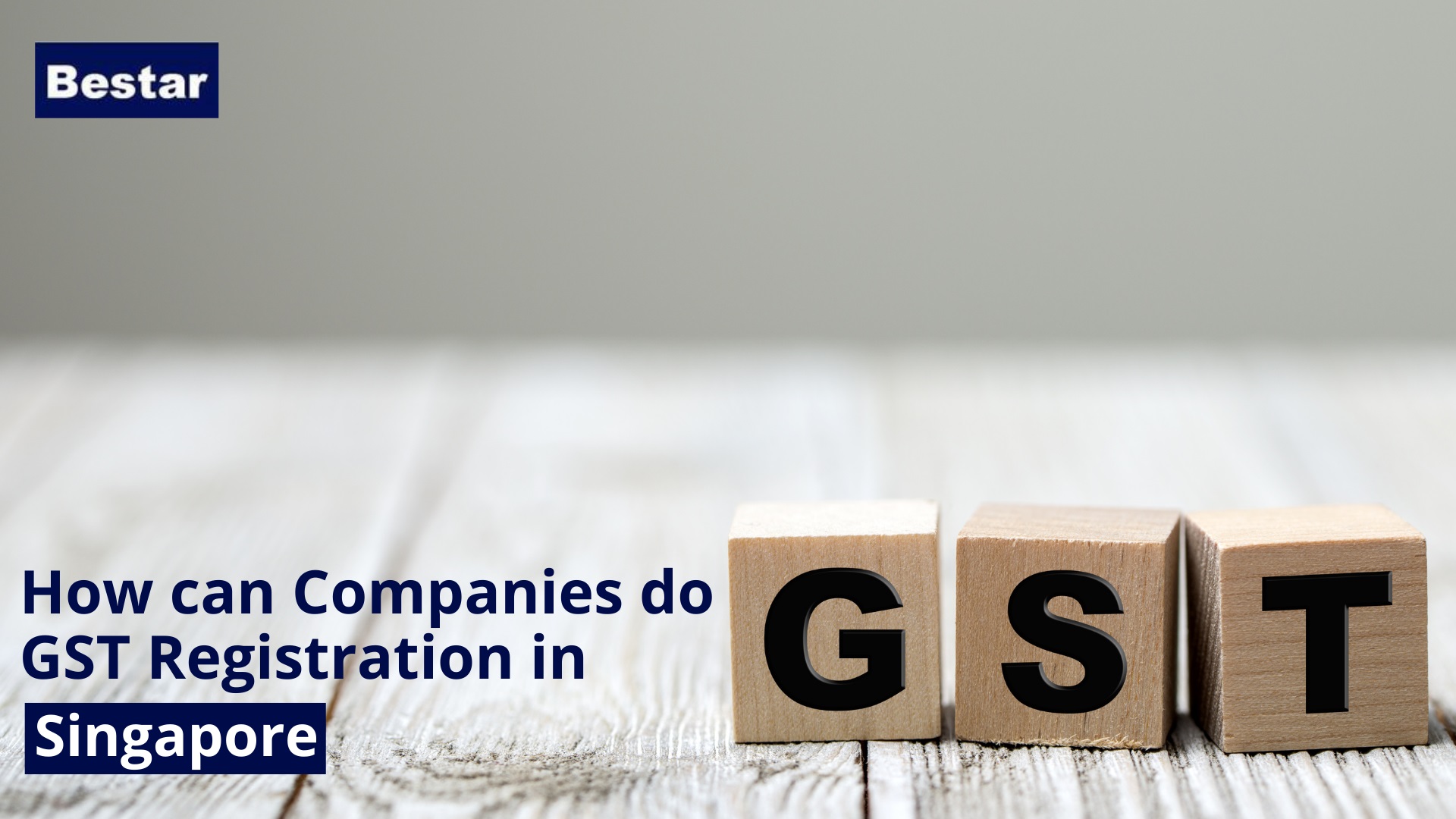Goods and Services Tax (GST) was introduced in Singapore in 1994. Since then, businesses tend to apply for GST registration whenever it adds to the value of goods or services provided by them. As a result, it helps them to keep a record of their financial transactions. There is a criteria that needs to be followed in order to do a GST registration. At Bestar, we’ll help your company not only in registering a company in Singapore but simultaneously walk you through the whole GST registration as well.
What exactly is GST?
Goods and Services Tax is a form of indirect tax that is applicable on most of the goods and services utilised for domestic purposes. GST is also known as Value Added Tax (VAT). This GST is levied to the end part of the cycle that is onto the customers. Even though the customers tend to pay for the GST, the businesses have to hand it over to the government. As a result, this GST collection acts as a revenue generation for the government.
When is GST applicable in Singapore?
Inland Revenue Authority of Singapore (IRAS) mandates a GST registration in the following situations:
Supply of Goods and Services:
- When the business or company supplies any goods or service, they are legally obliged to do it under a GST registered number only. In addition to that, this supply should be supported by a purpose for carrying out the business for a prolonged duration of time. Only the personal transactions of the business owner do not fall under the GST. Now, this due GST of the business should be timely filed as per the given due dates.
Import of Goods and Services:
- Any goods or services that are imported to Singapore have to undergo the current 7% GST charges. The import value is a cumulation of custom charges, insurance and freight charges. Singapore Customs Department is legally bound to suggest the required import charges. However, import and investment supply of certain precious metals is barred from GST. Statistics suggest that from January 1, 2023, the GST will be raised to 8% and the following year, January 1, 2024 it will be further increased to 9%.
What are the two types of GST Registration?
1) Compulsory Registration:
- The company with an annual turnover greater than S$ 1 million or who can forecast their revenue generation exceeding S$ 1 million has to file for a GST registration. This registration must be duly done in the time period of thirty days after the registration of the company is completed. However, if the business has a revenue generation of less than S$ 1 million then those companies have to go forth with anti-avoidance provisions to avoid any sort of penalties.
2) Voluntary Registration:
Some companies voluntarily apply for GST registration right from the day they start their business without bothering about their annual revenue. As a result, these companies also benefit from the credit for their input tax. However, these companies are also legally bound to follow all GST regulations at least for the upcoming two years to come.
What are the necessities before going for a Goods and Services Tax Registration?
The key essentials that needs to be checked before doing a GST Registration in Singapore are given as under-
- The company or business has to be officially registered by the ACRA
- The company or business should have an existing bank account for all their financial transactions.
- The business activities should have been defined in detail.
- The company or business should do a cost-effective analysis in order to forecast revenue for the upcoming twelve months to come.
- Assembling all the documents that may be required in relation to beginning with sales.
- In order to go forth with compulsory registration, companies present revenue must have exceeded $1 million.
What is the process of GST Registration?
Before initiating with the GST registration process, a company has to classify whether it will opt for a compulsory or voluntary registration. After the classification in terms of registration, E-Learning Courses are accessible for voluntary registration. This course must be taken by the company director, sole-proprietor, partner or trustee and must complete two e-learning courses thereby passing the quiz.
The next step that the company or business needs to do is to assemble all the essential documents and submit them over myTax Portal or IRAS. Besides the essential documents a complete list of supporting documents too might be required for fulfilling the submission of the application. At Bestar, we will help you in accessing a complete list of subordinate documents as well so that our clients always have a hassle free Goods and Services Registration.
What is contained in the GST registration letter?
When the GST application is completed all mandatory registrations are likely to receive their GST number within two business days. However, voluntary registrations take as long as ten business days to receive a GST registration number. When the business do receive the letter containing their GST registration details, it primarily contains the following things:
- The GST Registration Number of the company
- The effective date since your business became a GST registered company
- The following due dates for the company to file the upcoming GST as well as others.
Bestar offers a hand to businesses as well as companies for GST filing, procedure, applicability and schemes. At Bestar, our team of experts are all ears to your queries pertaining to GST registration. We want to ensure that our customers engage with the best Goods and Services Tax Registration Services provider in Singapore. Schedule a call now for all your GST related inquiries!


